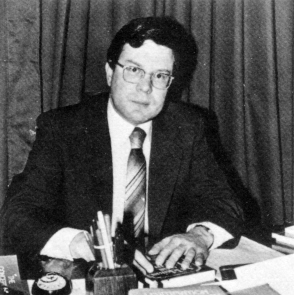which explains why he didn't even try to face it
Quelle: Foucault (1985), p. 147
José Guilherme Merquior:
2
Zitate
0
Gefällt mir
José Guilherme Merquior: Zitate auf Englisch
José Guilherme Merquior
buch
Foucault
